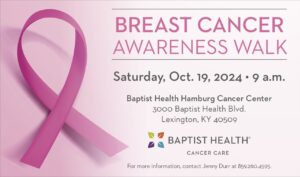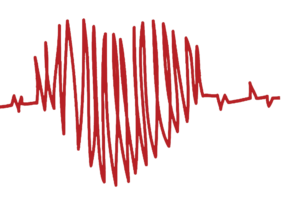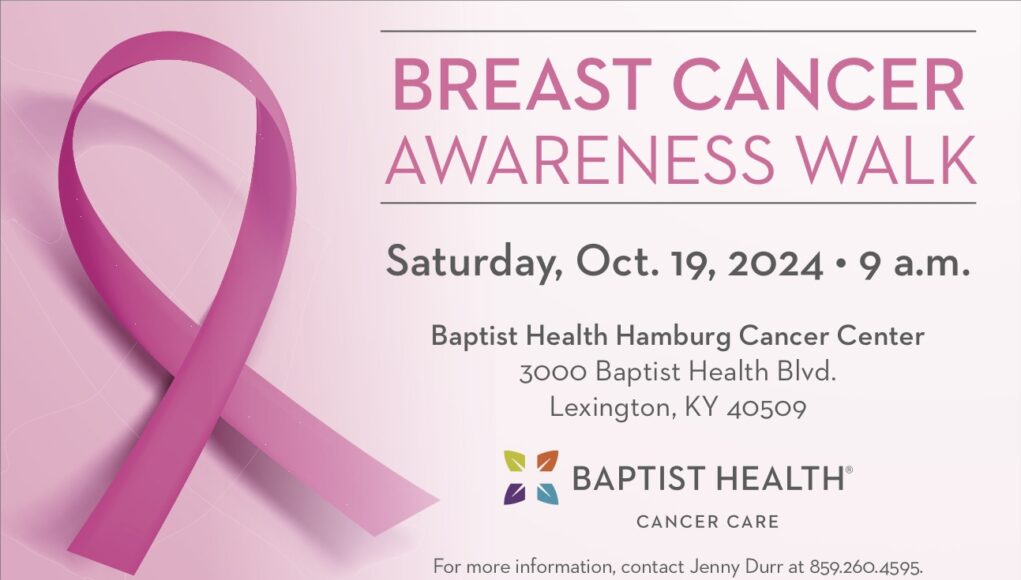THINK PINK: Celebrating Women’s Health Awareness in Lexington 2024
Observing Breast Cancer Awareness Month
 The American Cancer Society reports that breast cancer is the most common cancer among women in the United States (other than skin cancer).
The American Cancer Society reports that breast cancer is the most common cancer among women in the United States (other than skin cancer).
They stress that early detection can lead to increased treatment options.
From the American Cancer Society: “The goal of screening exams for breast cancer is to find cancers before they start to cause symptoms (like a lump that can be felt). Screening refers to tests and exams used to find a disease, such as cancer, in people who do not have any symptoms. Early detection means using an approach that lets breast cancer get diagnosed earlier than otherwise might have occurred.
Breast cancers that are found because they are causing symptoms tend to be larger and are more likely to have already spread beyond the breast. In contrast, breast cancers found during screening exams are more likely to be smaller and still confined to the breast. The size of a breast cancer and how far it has spread are some of the most important factors in predicting the prognosis (outlook) of a woman with this disease.
Most doctors feel that early detection tests for breast cancer save thousands of lives each year, and that many more lives could be saved if even more women and their health care providers took advantage of these tests.”
Baptist Health in Hamburg in Lexington will host a Breast Cancer Awareness Walk on Saturday October 19, 2024 at 9 am at the Baptist Health Cancer Center in Hamburg.
The Heart of the Matter
Did you know…?
 According to the National Institute of Health, both women and men who have a heart attack often have chest pain. However, in addition to chest pain, women are more likely to have these symptoms:
According to the National Institute of Health, both women and men who have a heart attack often have chest pain. However, in addition to chest pain, women are more likely to have these symptoms:
- Pain in the shoulder, back, or arm
- Shortness of breath
- Unusual tiredness and weakness
- Upset stomach
- Anxiety
These symptoms can happen together with chest pain or without any chest pain. Many women may not recognize that these are symptoms of a heart attack. Women may not get emergency treatment right away if they downplay their symptoms and delay going to the hospital, or if the usual initial screening tests performed at the hospital may not detect an early or atypical heart attack.
 This article appears on page 13 of the October 2024 issue of HJ. You can click here to browse a digital version of the October 2024 issue of the Hamburg Journal.
This article appears on page 13 of the October 2024 issue of HJ. You can click here to browse a digital version of the October 2024 issue of the Hamburg Journal.
To subscribe to digital delivery of the print edition of the Hamburg Journal every month, click here.












